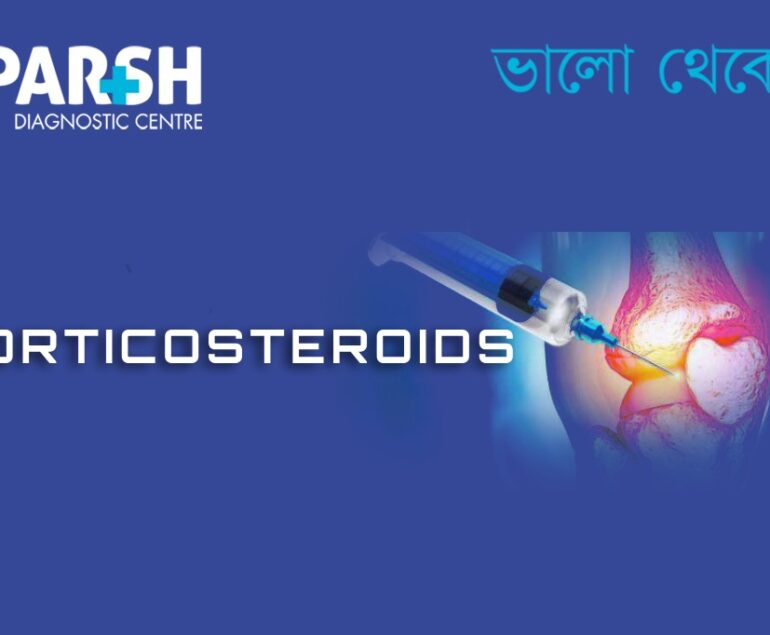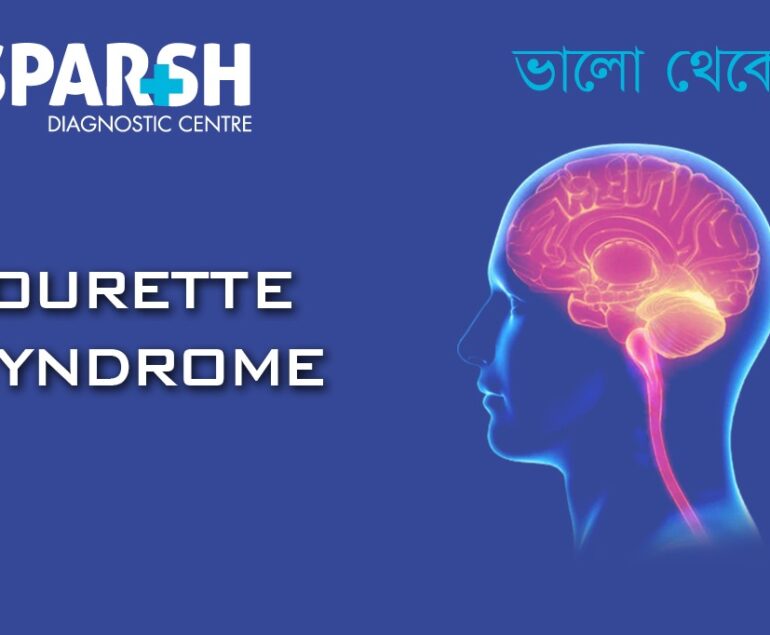The liver is a vital organ with many essential functions, including filtering toxins from the blood. When the liver becomes severely damaged, these toxins can accumulate in the bloodstream and travel to the brain. This leads to a potentially life-threatening condition known as hepatic encephalopathy (HE).
Hepatic encephalopathy is not a disease in itself, but a complication of liver failure or severe liver disease. It can manifest suddenly (acute) or progress slowly over time (chronic), affecting memory, mood, motor function, and consciousness. Without prompt intervention, HE can result in coma or death.
This blog explores hepatic encephalopathy in detail—its causes, types, stages, signs and symptoms, diagnostic methods, and treatment strategies—so you can recognize the signs and seek timely medical care.
What Is Hepatic Encephalopathy?
Hepatic encephalopathy is a neuropsychiatric condition caused by the buildup of toxins—primarily ammonia—in the brain due to impaired liver function. It leads to altered mental status, confusion, poor coordination, and in severe cases, coma.
The liver normally removes toxins like ammonia (a byproduct of protein metabolism). In liver failure or advanced liver disease, this process is impaired, allowing these toxins to accumulate and affect brain function.
Types of Hepatic Encephalopathy
Hepatic encephalopathy is classified into different types based on the cause:
1. Type A (Acute)
Occurs in acute liver failure
Rapid onset
Often requires intensive care and liver transplantation
2. Type B
Caused by portosystemic shunting without intrinsic liver disease
Rare
Often surgically induced or congenital
3. Type C (Chronic)
Develops in cirrhosis or chronic liver disease
Most common form
Can be episodic, recurrent, or persistent
Stages of Hepatic Encephalopathy (West Haven Criteria)
Hepatic encephalopathy is graded based on severity:
Stage 0: Minimal HE
No obvious symptoms
Cognitive testing reveals mild impairment
May affect daily functioning
Stage 1: Mild HE
Shortened attention span
Mood changes (irritability, euphoria)
Mild confusion or slowed thinking
Sleep disturbances
Stage 2: Moderate HE
Lethargy and disorientation
Inappropriate behavior
Asterixis (flapping tremor)
Stage 3: Severe HE
Marked confusion and drowsiness
Incoherent speech
Inability to follow commands
Somnolence (deep sleep but arousable)
Stage 4: Coma
Unresponsive to pain or stimuli
Requires ICU admission
Often fatal without urgent intervention
Causes and Triggers of Hepatic Encephalopathy
Hepatic encephalopathy results from impaired liver detoxification, but certain triggers can worsen the condition:
Common Causes
Cirrhosis
Acute liver failure
Portosystemic shunts
Precipitating Factors (Triggers)
Gastrointestinal bleeding
Infections (e.g., spontaneous bacterial peritonitis)
Excess dietary protein
Electrolyte imbalances (low sodium or potassium)
Use of sedatives or narcotics
Alcohol abuse
Renal dysfunction
Understanding and managing these triggers is critical to preventing HE episodes.
Signs and Symptoms of Hepatic Encephalopathy
The symptoms vary depending on the stage and progression of HE.
Mild to Moderate Symptoms
Forgetfulness and personality changes
Confusion or difficulty concentrating
Irritability or depression
Sleep disturbances (day-night reversal)
Muscle tremors (asterixis)
Slurred speech
Severe Symptoms
Disorientation and confusion
Drowsiness or stupor
Strange or inappropriate behavior
Muscle stiffness or twitching
Coma (in end-stage HE)

Note: Symptoms can fluctuate and often worsen with triggering events like infections or gastrointestinal bleeding.
Diagnosis of Hepatic Encephalopathy
HE is primarily diagnosed through clinical evaluation, but additional tests help identify triggers and rule out other causes of altered mental status.
Clinical Assessment
Medical history and liver disease status
Neurological exam
Mental status examination
Asterixis detection (flapping tremor test)
Laboratory Tests
Serum ammonia levels (elevated in most cases)
Electrolyte panel (check for hyponatremia, hypokalemia)
Infection markers (CRP, procalcitonin)
Imaging and Other Tests
EEG (Electroencephalogram) – Detects slow wave activity
Psychometric tests – For minimal HE
Treatment of Hepatic Encephalopathy
The goal of treatment is to reduce ammonia levels, treat precipitating factors, and prevent recurrence.
1. Remove or Treat the Underlying Cause
Control infections with antibiotics
Stop GI bleeding
Discontinue sedative medications
Correct electrolyte imbalance
2. Reduce Ammonia Levels
🔹 Lactulose
First-line treatment
A synthetic sugar that reduces ammonia absorption in the intestines
Given orally or as enema
Target: 2–3 soft stools per day
🔹 Rifaximin
A non-absorbable antibiotic
Reduces ammonia-producing gut bacteria
Often added when lactulose alone is insufficient
🔹 Other Therapies
Neomycin (limited use due to side effects)
Zinc supplementation (helps ammonia metabolism)
L-ornithine L-aspartate (LOLA)
3. Nutritional Support
Protein restriction in the acute phase (later liberalized)
Avoid red meat
High-fiber diet
Small frequent meals
Adequate hydration
4. Supportive Care
Monitoring of consciousness
Airway protection (if stuporous or comatose)
ICU care for advanced stages
Preventing Recurrence of Hepatic Encephalopathy
Secondary Prophylaxis
Long-term lactulose and/or rifaximin
Avoiding constipation and dehydration
Avoiding alcohol and sedatives
Managing cirrhosis and portal hypertension
Regular Monitoring
Routine follow-up with a hepatologist
Monitoring ammonia levels
Screening for varices and liver cancer
Nutritional assessment
Complications of Hepatic Encephalopathy
Brain edema (especially in acute liver failure)
Falls and injuries
Coma
Death (if untreated or in end-stage liver disease)
When to Seek Immediate Medical Attention
Call your doctor or visit the emergency department if you notice:
Sudden confusion or personality changes
Difficulty speaking or thinking
Drowsiness or lethargy
Severe constipation or abdominal pain
Vomiting blood or black stools
Unconsciousness or seizures
Prognosis of Hepatic Encephalopathy
The outlook depends on:
The underlying liver disease
The severity and frequency of HE episodes
The response to treatment
Timely management of triggers
In people with cirrhosis, recurrent HE episodes often indicate poor liver reserve and may warrant evaluation for liver transplantation.
Living with Hepatic Encephalopathy
While HE can significantly affect quality of life, many people manage the condition with consistent treatment and lifestyle modifications.
Tips for Patients and Caregivers:
Take medications exactly as prescribed
Maintain a daily routine and structured environment
Watch for early signs of HE
Maintain hydration and avoid alcohol
Keep emergency numbers and hospital access ready
Hepatic encephalopathy is a serious but manageable complication of liver disease. With early detection, proper medication, and lifestyle changes, patients can reduce the frequency and severity of episodes. Awareness of the triggers, adherence to treatment, and regular follow-ups with healthcare providers are crucial to improving outcomes.
If you or someone you care for has liver disease and is showing signs of confusion or behavioral changes, do not delay seeking medical attention. Timely treatment can be life-saving.
Sparsh Diagnostic Centre – Early Diagnosis Saves Lives
At Sparsh Diagnostic Centre, we provide advanced liver function testing and ammonia screening to detect hepatic encephalopathy and its underlying causes.
🕒 Centre Hours:
Mon–Sat: 7 AM to 9 PM
Sunday: 7 AM to 3 PM
📞 Call Now: 9830117733 / 8335049501
🌐 Visit: www.sparshdiagnostica.com
To consult a Gastroenterologist/Neurologist at Sparsh Diagnostic Centre, call our helpline number 9830117733.
#BhaloTheko
Disclaimer:
No content on this site, regardless of date, should ever be used as a substitute for direct medical advice from your doctor or other qualified clinician.

![]()






[…] Confusion (hepatic encephalopathy) […]
[…] Hepatic encephalopathy […]
[…] hypertension can cause life-threatening complications such as variceal bleeding, ascites, and hepatic encephalopathy. Understanding this condition is crucial for timely diagnosis and effective management. In this […]
[…] 1. Hepatic Encephalopathy […]
[…] Hepatic encephalopathy (confusion due to toxin buildup) […]
[…] Confusion and memory issues (hepatic encephalopathy) […]
[…] Ascites and hepatic encephalopathy […]
[…] Confusion and Memory Issues (Hepatic Encephalopathy in Advanced Stages) […]